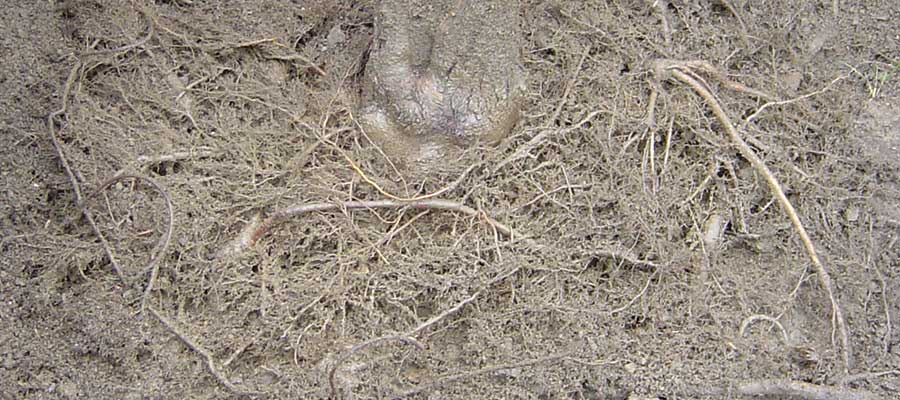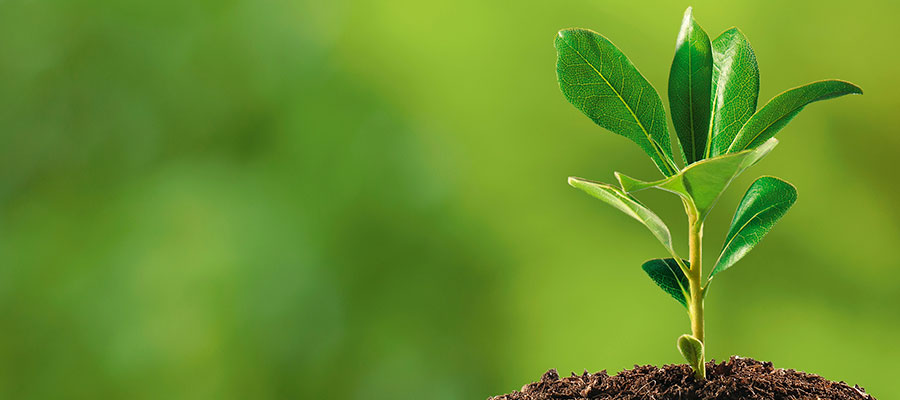Pruning
Proper pruning enhances the beauty of any landscape. Pruning, like any other skill, requires knowledge to achieve the desired results without harming the tree or shrub. Pruning is the removal of plant parts to improve plant health, while also improving the value of the plant. It is important to discuss your objectives with a certified arborist or certified tree expert, so they can design the best method to achieve those objectives without harming the plant. Improper pruning can disfigure, kill, or create hazardous situations down the road.
Reasons for pruning
- Developmental pruning for young trees and shrubs
- To train
- To maintain tree health
- To improve the quality of flower, fruit, foliage, and stems
- To restrict growth
- To minimize potential hazards
Cabling
Cabling is used to help support structurally weak areas within a tree or shrub. Your Nature's Ally Certified Arborist will identify potential risk and determine proper cabling method to minimize future damage.
Air Spade
Air spading is the act of excavating the soil with a very high pressured air gun to expose the root systems. Many of the issues we see above ground are caused by problems we are unable to see below the ground. The air spade tool allows us to expose the roots, without harming even the finest of root hairs, and while getting to the real root of the problem. The air spade can also used during and after construction, which improves compacted soil. This is an invalvable tool that has changed our approach to arboriculture.

Deep Root Fertilization
Deep Root Fertilization is a process that injects nutrients directly into the root zone of the tree or shrub. This ensures that the target is getting the maximum amount of the needed nutrients. We customize the blend based on season, species, nutrient deficiencies, and desired results. There are many organic and natural options to improve plant health, vigor, and soil structure.

Deep Root Fertilization is not only used for small trees and shrubs, but it is extremely important for mature trees. This supplies the mature trees with nutrients that it is unable to get in our urban landscape. Deep Root Fertilization is also useful before and after construction on your property. It reduces stress, promotes root growth, and minimizes soil compaction. A tree's roots serve many functions.
The most important is that it is their support system. The root system acts as the tree's anchor helping to hold it upright during heavy winds and storms. A healthy root system is essential for tree health and safety. Contact your Nature's Ally Certified Arborist to design a customized nutrient program for your landscape needs.
